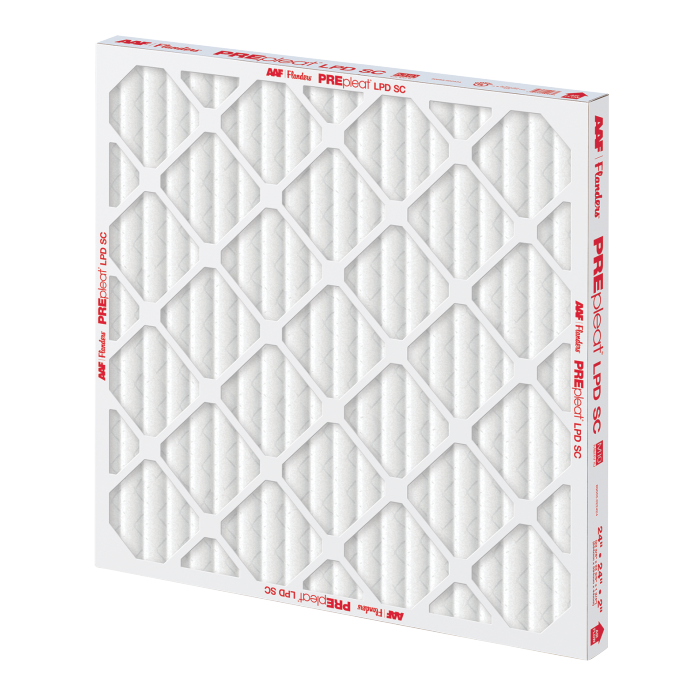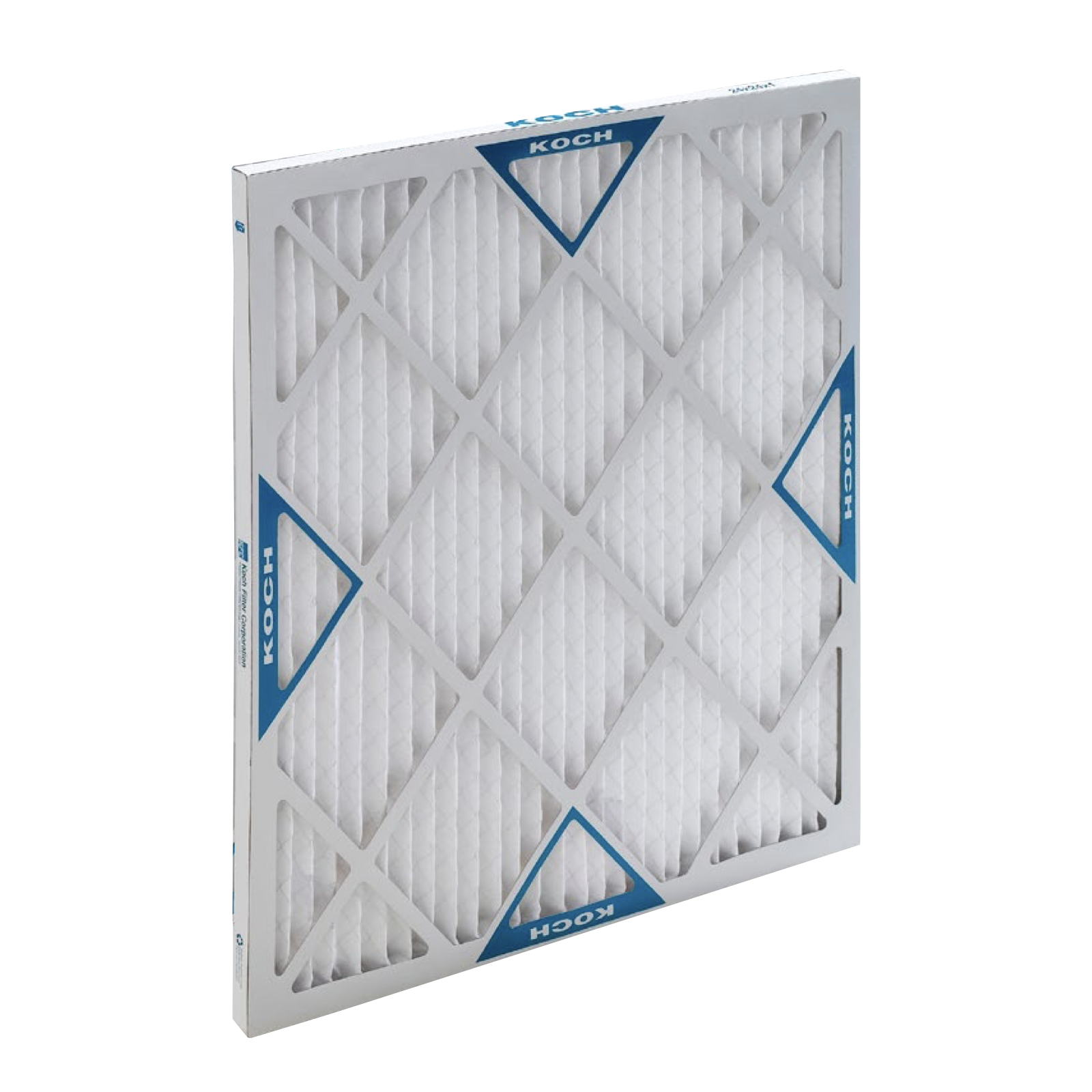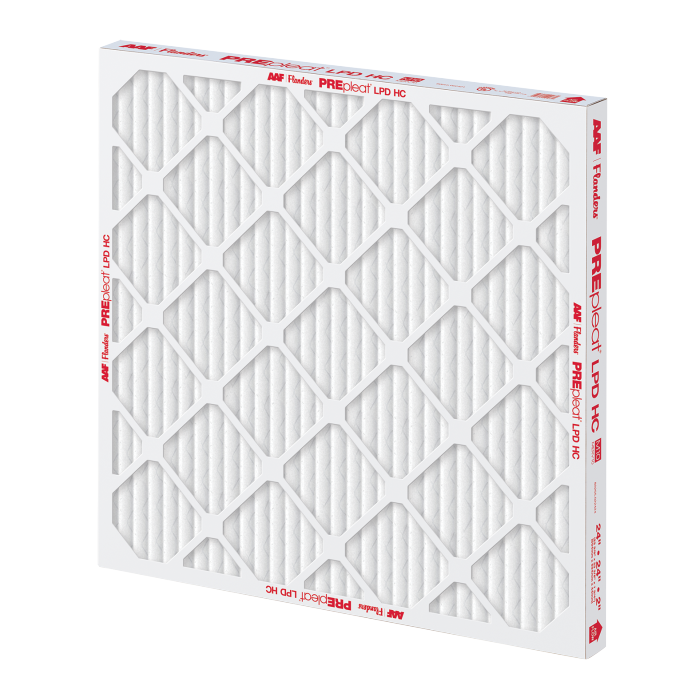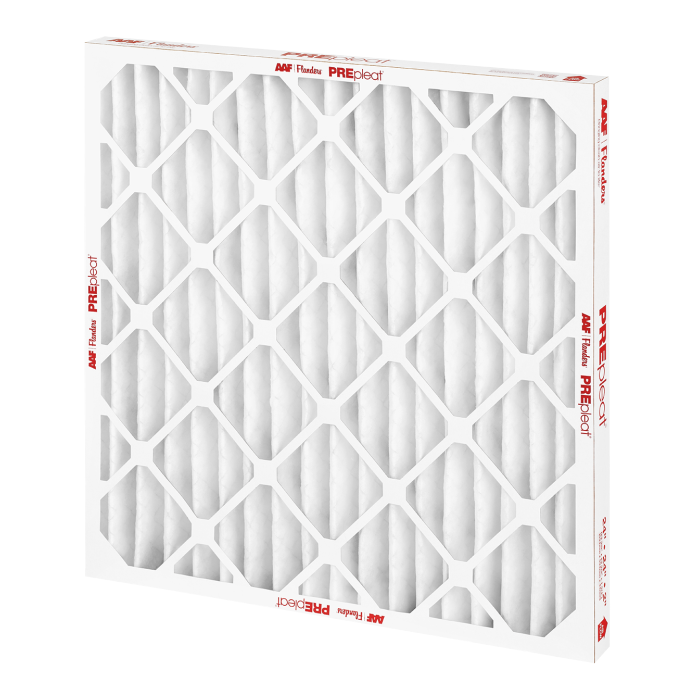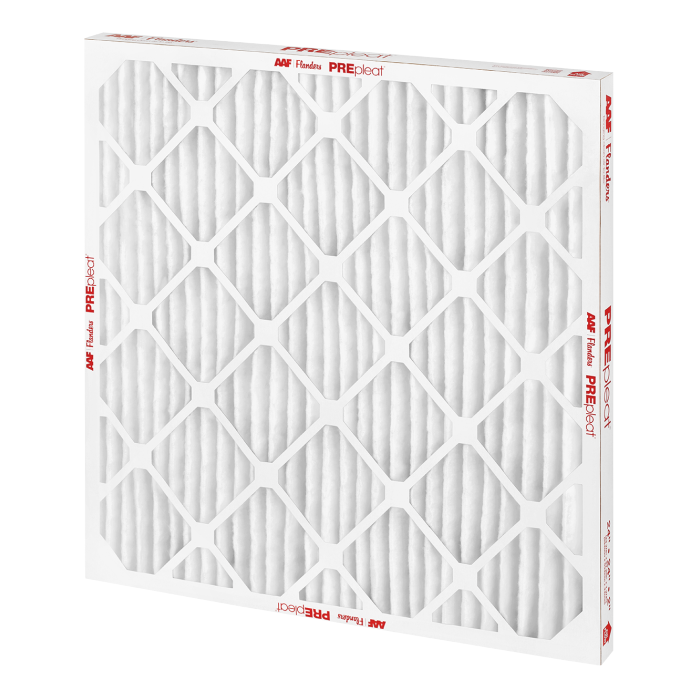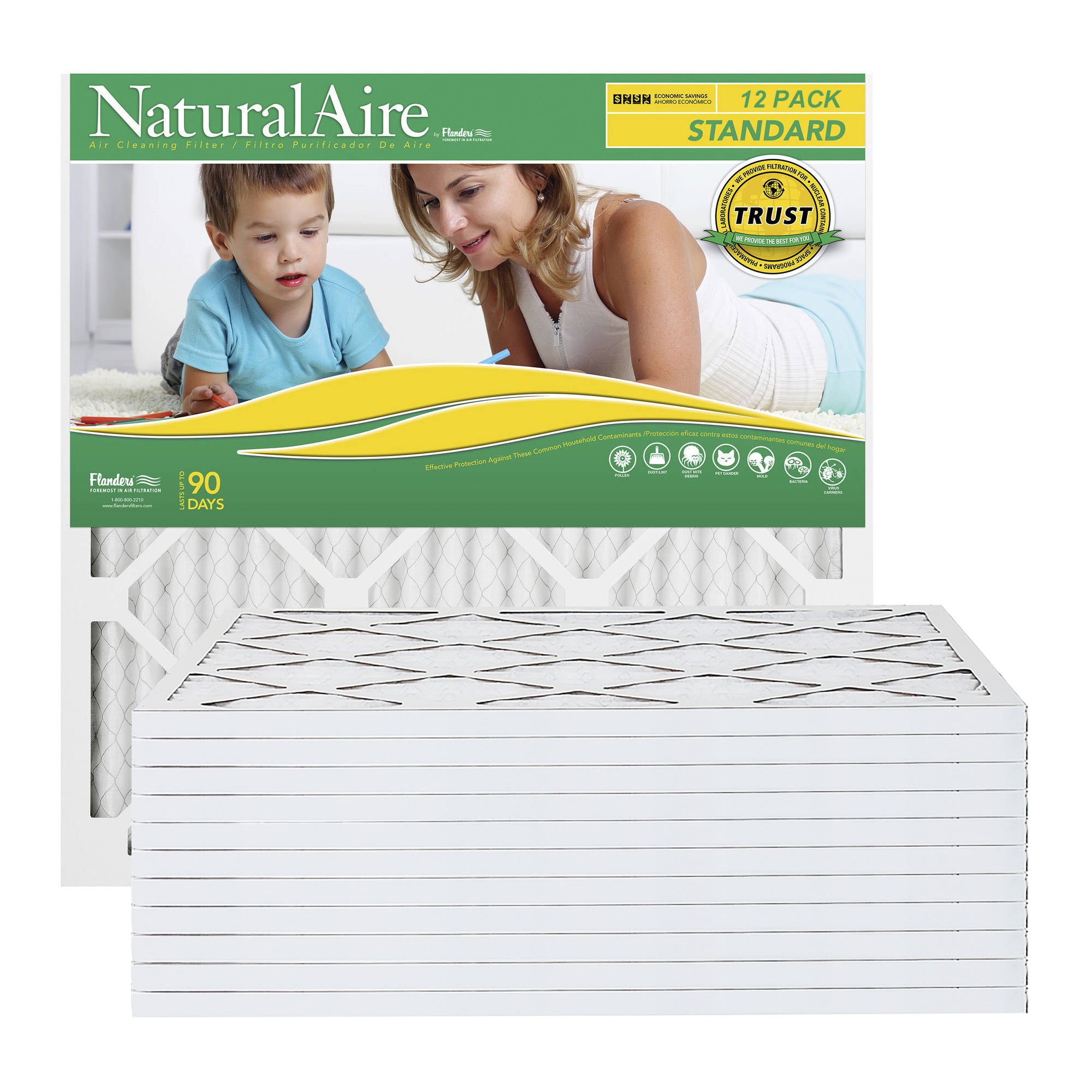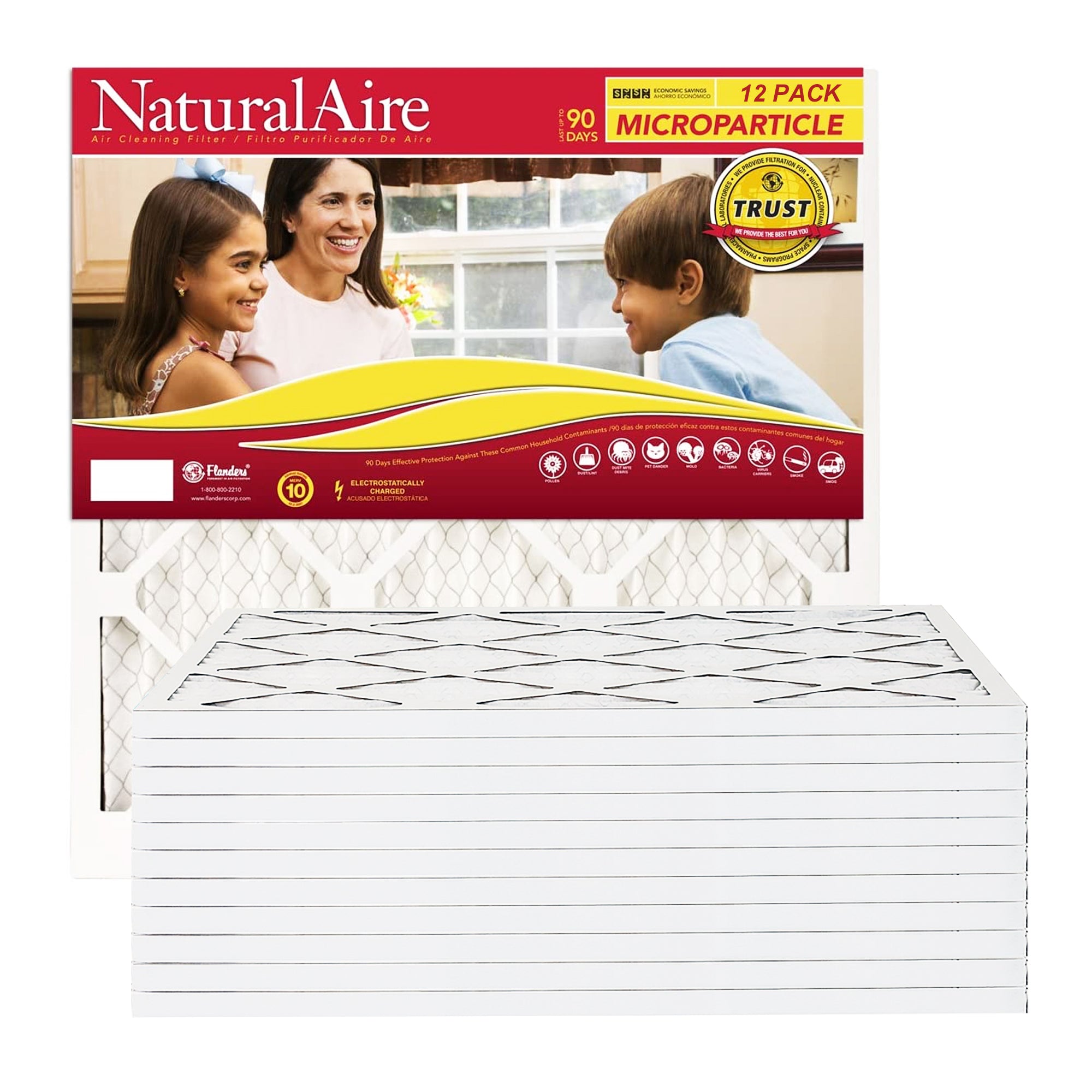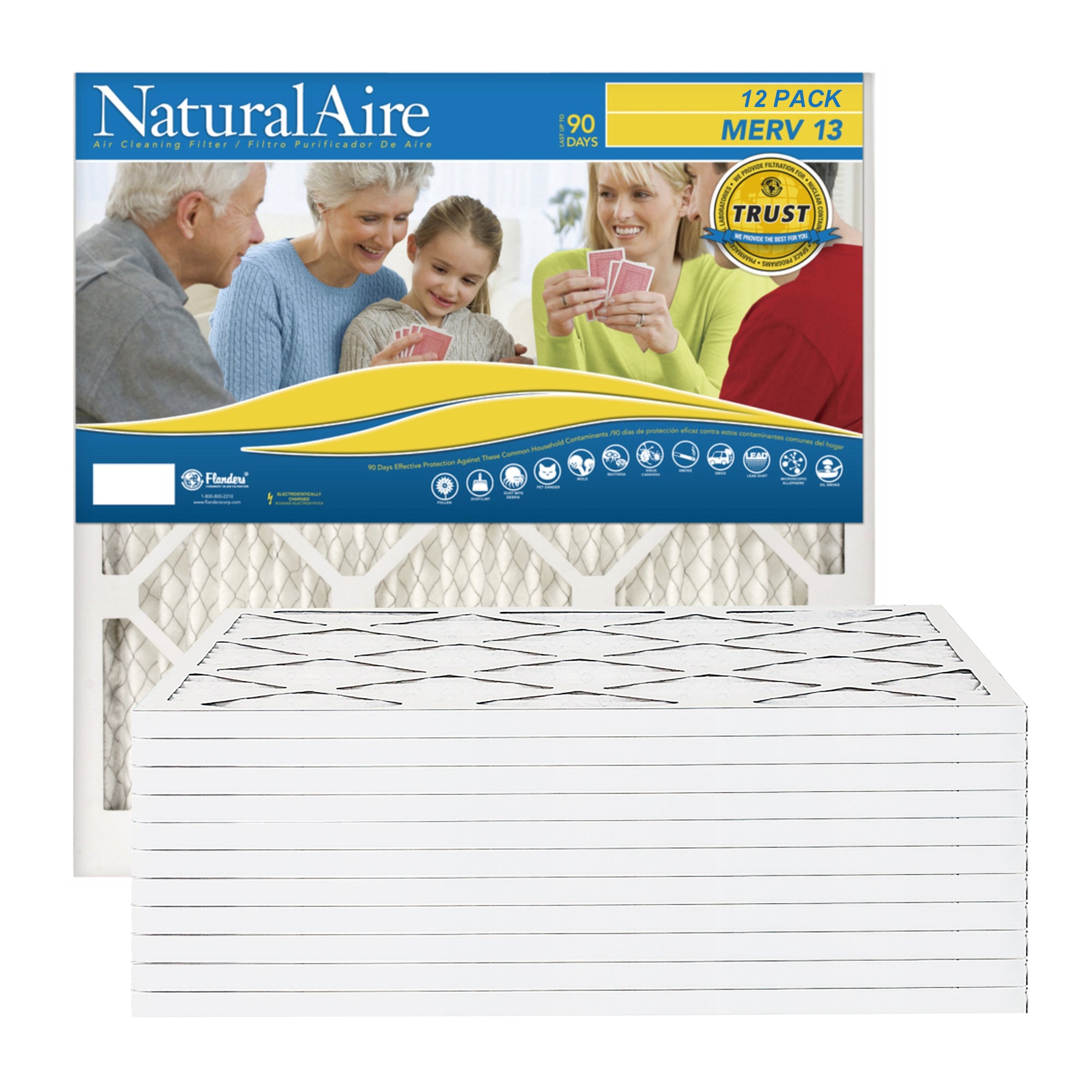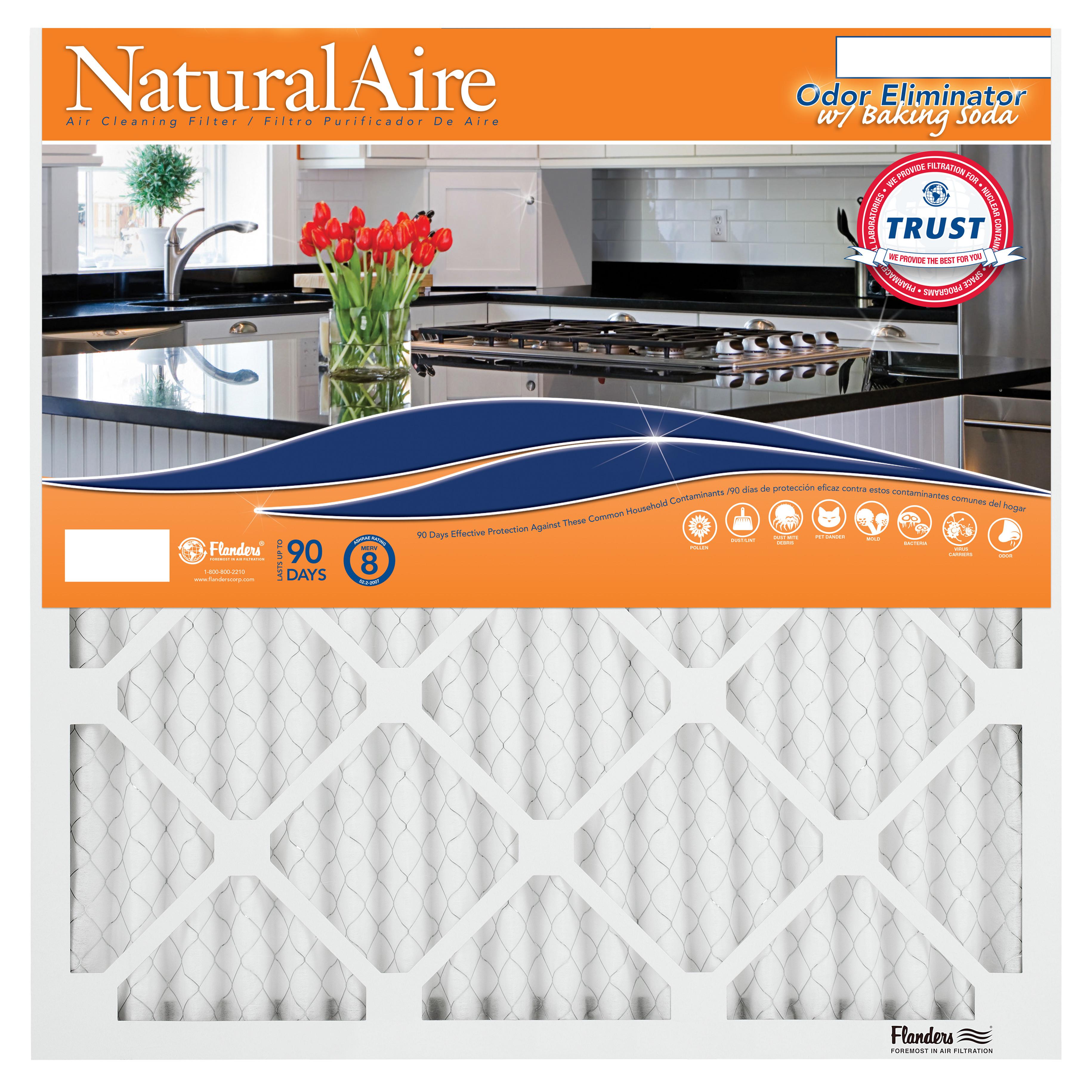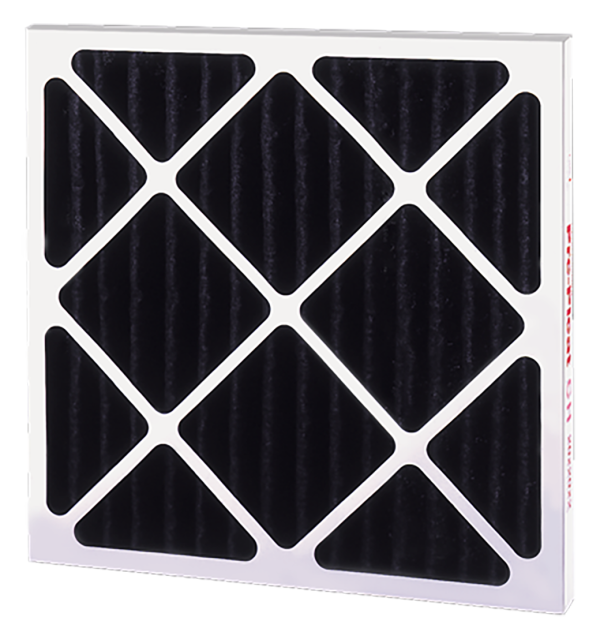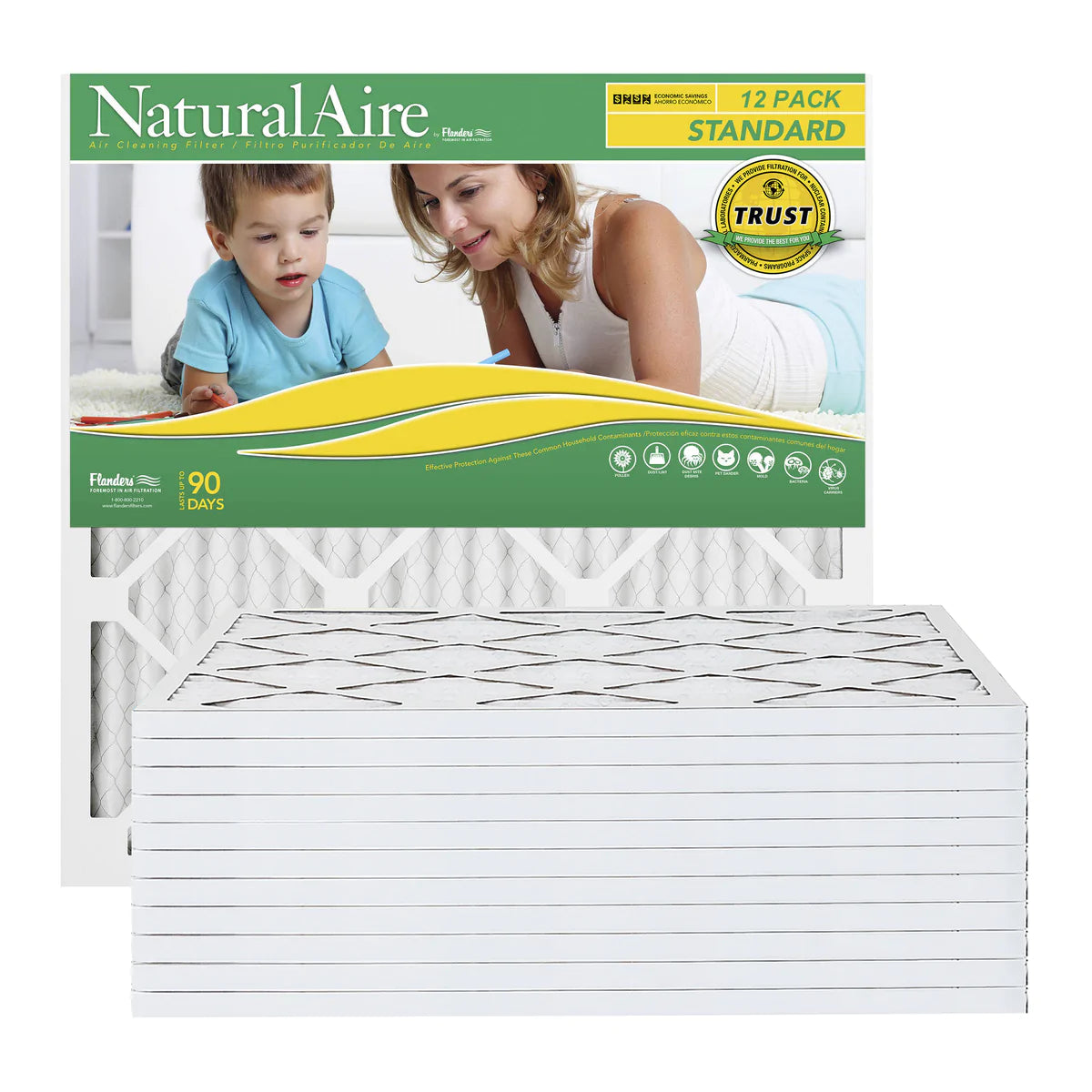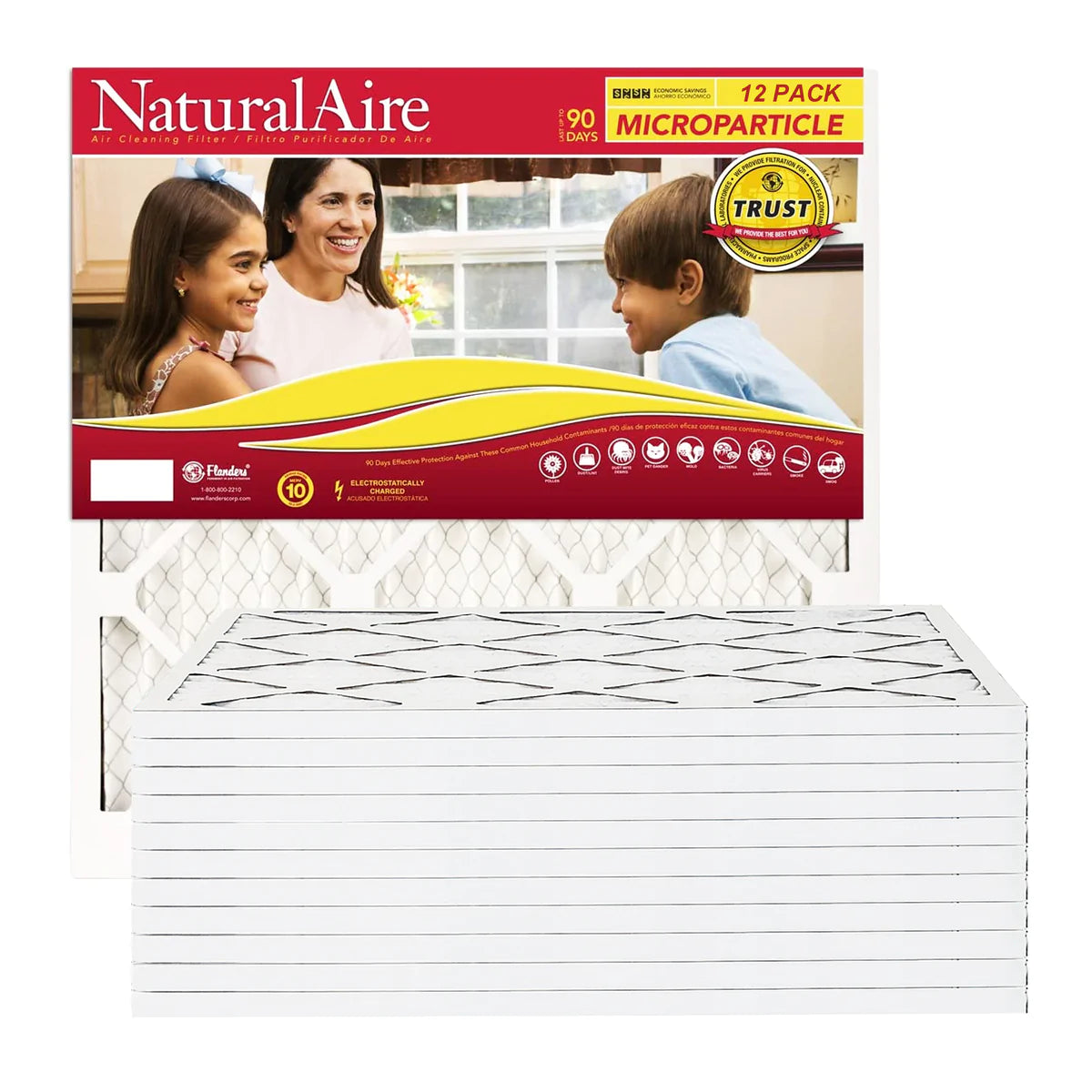Most people know that air pollution affects a person’s body negatively. However, what you might not know is that studies show numerous pollutants can also make their way inside your home. Sometimes, the number of air pollutants in your home could be five times higher than outside.
These pollutants can have enormous consequences for your respiratory system because you spend most of your day indoors. Poor indoor air quality can make it difficult to breathe, and although we take it for granted, breathing fresh air is one of life’s greatest luxuries.
Breathing low-quality air can also lead to chronic lung ailments, including asthma, lung cancer, or infections. Although air filters can get rid of these pollutants effectively, if you don’t change the filter consistently, they won’t help significantly.
Some of the most common indoor air pollutants include smoke, radon, asbestos, pet dander, mold, mildew, and pollen. If you want to start breathing cleaner air, you need to follow these tips. With that in mind, here are nine ways to improve the air quality in your home.
Change Your Filter Regularly or Invest in a HEPA Filter
Replacing air filters can be expensive. But if you don’t change or wash them regularly, you can face even more costly repairs for your HVAC system down the line. To prevent yourself from inhaling toxic compounds, change your filter regularly.
Otherwise, if you want to make a one-time purchase, invest in a HEPA filter for your HVAC system. This will guarantee that your home’s air quality will improve. Also, if you spend more time in a specific area of your house or live in a small apartment, you can use a smaller filter to cover only that location. An excellent place to put one is in your bedroom since you know you’ll be sleeping there for many hours each day.
Don’t Smoke Indoors
One of the most significant contributors to indoor air pollution is smoking. Not only is it bad for your health, but it also impacts the well-being of those around you. Secondhand smoke can put those who choose not to smoke at equal risk for developing a lung condition because smoke lowers the air quality of any indoor area.
Carcinogenic compounds, such as formaldehyde, ammonia, hydrogen cyanide, and vinyl chloride, are just some of the toxic elements in secondhand smoke. If you must smoke, do it outdoors. But be sure to clean off your clothes so that you don’t carry smoke byproducts back into your home with you. Thirdhand smoke can stay on a surface for weeks or months and thus go back into the air if you bring it indoors.
Clean Your Home Thoroughly
Many indoor pollutants come right off your body, such as dead skin cells and dirt. Going through your home and thoroughly cleaning it will improve its appearance and work wonders for your indoor air quality.
However, be sure to avoid toxic household cleaning solutions on your next shopping trip. Harsh solvents can irritate your lungs and nostrils. So search for non-toxic solutions when you’re looking for cleaning agents.
Keep Your Pets at Bay
Pet dander is one of the most common allergens in a person’s home. Though your dog or cat might be your best friend, owning a pet can lead to serious pulmonary issues. If your pet sheds, make sure to brush them outside regularly so that you can try to keep the dander in your home to a minimum.
Don’t let your pets sit on your furniture either because their fur and dander can stick to the cushions. Also, don’t let your pet into your bedroom, as this is one of the areas where you spend the most time. So you don’t want dander to linger there.
Clean Your Gas or Wood Stove Regularly
Although you might think that most people with chronic obstructive pulmonary disease (COPD) are smokers, that’s not always true. The second biggest cause of this illness comes from how you cook your food. This happens because wood and gas stoves emit harmful pollutants. Nitrogen oxide is one of the numerous irritants that go into the air when using a gas stove.
Wood stoves are even worse because they can release carbon monoxide, nitrogen oxide, and hydrocarbons that give you a significantly greater risk of developing a respiratory ailment. However, if you clean your stove regularly, you should be able to use it safely.
Eliminate All Pests From Your Home
Pests come with tons of germs, and they can damage your pulmonary health and cause headaches. Cockroaches, ants, mice, and other pests leave particles like dust that can clog your airways.
Cockroaches, in particular, produce airborne pollutants that can worsen health conditions, such as asthma. To prevent pests from coming into your home and reducing your air quality, make sure to cover all your food and keep it far away from the floor. Also, cover your trash can and take out the garbage consistently so that your home doesn’t develop a stench that attracts pests.
Ventilate Your Home More Effectively
When dealing with various pollutants, ventilation is critical for eliminating these compounds from the atmosphere. Opening your doors and windows can flush out any lingering contaminants and bring in fresh air from outside.
However, if you live in an area with heavy pollution, such as a busy intersection of a major city, opening your window could bring in car exhaust and other industrial pollutants. In this case, you should keep your home sealed off from outdoor contaminants and invest in high-quality AAF Flanders air filters.
Watch Out for Humidity
Indoor humidity can cause several different problems, including reduced air quality. Humidity makes it harder to breathe. It can also catch other pollutants such as dust and cause you to inhale them. Furthermore, the moisture in humidity causes mold to grow, which can cause physical ailments.
The ideal indoor environment is cool and dry. Using appliances, such as a dehumidifier or air conditioning unit, will lower the humidity and keep your room at a comfortable temperature.
Ditch the Scented Candles
Although they might smell good, scented candles and other sorts of fragrances can irritate your lungs if they’re too strong. If you find yourself coughing or sneezing, you know there’s a problem. These are telltale signs that the fragrance is not for you.
Furthermore, anything involving combustion lowers your air quality. Scented candles are a prime example. If you want your home to smell better, find the source of any unpleasant odors and get rid of them.
Overall, you deserve to breathe the freshest air in the comfort of your home. Now that you know nine ways to improve the air quality in your home, you have no shortage of solutions at your disposal.



